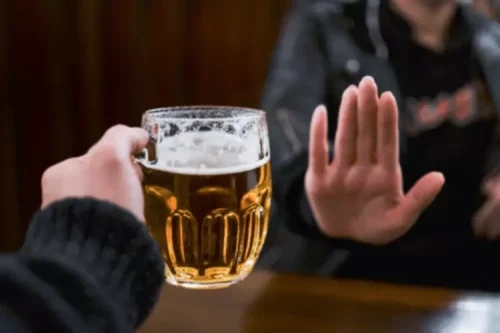
We rarely think of alcohol as having much to do with allergies; the usual offenders – pollen, pet dander, dust mites, environmental pollutants – get the lion’s share of negative press. But alcohol can contribute to a worsening in allergy symptoms. Some people are even allergic to alcohol itself and can experience symptoms ranging from stomach cramps to hives. Alcohol intolerance alcohol sneezing is far more common than a true alcohol allergy.
How is alcohol allergy diagnosed?
If they are not sure what is causing your symptoms, they might want you to see an allergist, a healthcare provider that specializes in allergies and asthma. As a result, they cannot prevent histamine from entering the bloodstream and causing symptoms. People with histamine intolerance have decreased or inhibited enzymes that break down histamine from food. A food (or drink) intolerance is different from a food allergy in that intolerance is not mediated by the the immune system protein IgE.
Medical Professionals
- The maximum effect won’t be achieved for several days or weeks.
- Treatment with a steroid nasal spray is usually tried first (see below).
- About 2 million adults in the U.S. are thought to have wheat allergy.
- Read the ingredient lists of foods and drinks, ask restaurant staff for information about menu items, and avoid products that contain alcohol.
- If left untreated, an allergic reaction can quickly become worse.
- While rare, yeast allergy can cause an allergic reaction in some people.
Alcohol allergy happens when the immune system mistakenly identifies alcohol as a threat and launches an attack that can affect the entire body. If you find that warm drinks make you sneeze, try chilling them before you drink them. This will help to soothe the mucous membranes in your nose and prevent them from swelling and triggering a sneeze. If you find that straight spirits make you sneeze, try diluting them with water or soda before you drink them. This will reduce the alcohol in the drink and make it less likely to trigger a sneeze. When you drink alcohol, it’s absorbed into your bloodstream and quickly travels to your brain.
Undecided races of the 2024 election: Live results and analysis
Very rarely, a person may have a “true” alcohol allergy, meaning they are allergic to the ethanol in alcohol. In people with true alcohol allergy, as little as 1 milliliter (mL) of pure alcohol can trigger an allergic reaction. This amount of alcohol is the equivalent of a mouthful of beer. If you are pregnant or breast-feeding, it is advised to try to avoid antihistamines if possible. Treatment with a steroid nasal spray is usually tried first (see below).

How does alcohol affect allergies?

It appears to be genetic and to occur after eating large meals and doesn’t cause any major problems. Another technique is being developed which involves placing the allergen under the tongue. Nasal rinse solutions can be bought pre-prepared in bottles or sachets. Finally, acetate is further broken down into water and carbon dioxide and, voila! On this plan, you’ll cut a specific food out of your diet to see if your symptoms get better.


